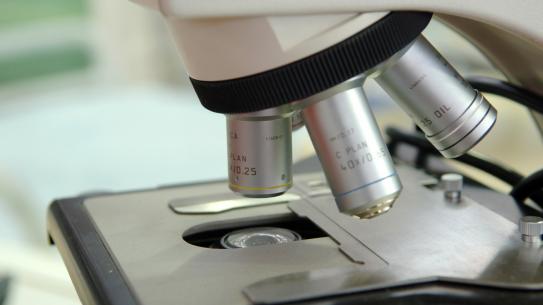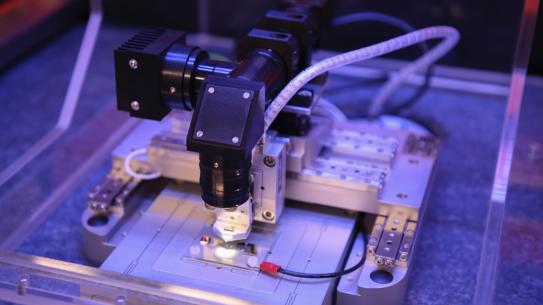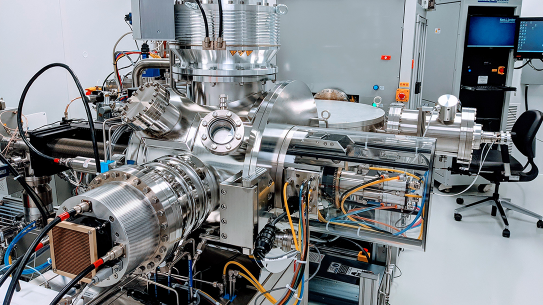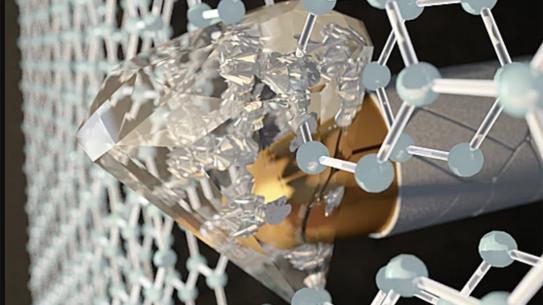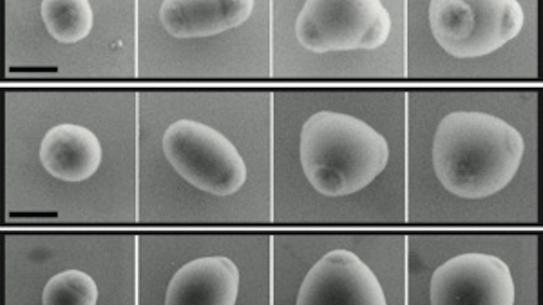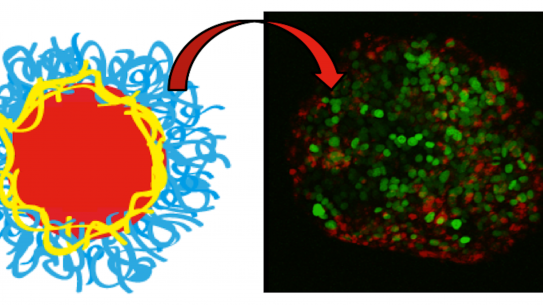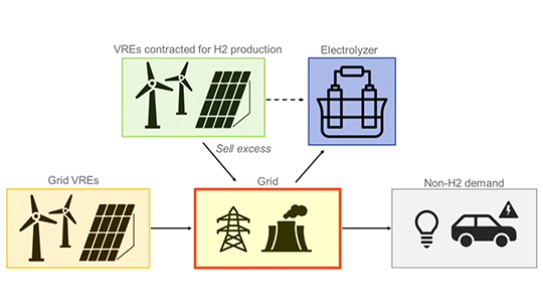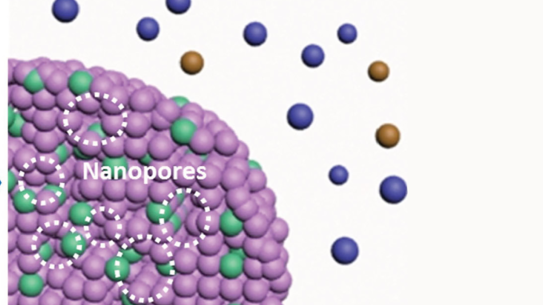Research Labs and Groups
Chemical and Biomolecular Engineering
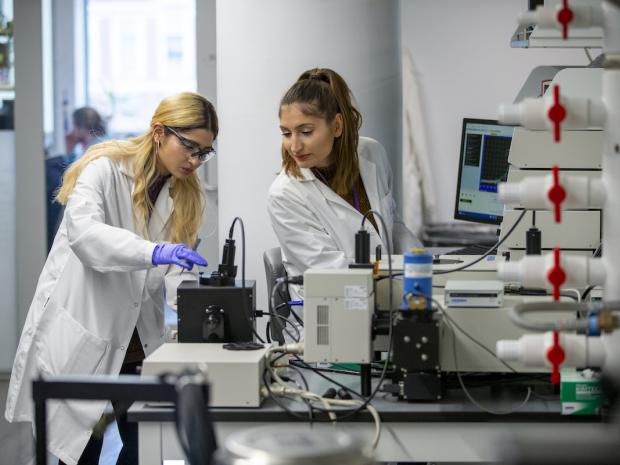
Bio-interfacial Engineering and Diagnostics Lab
Levicky Group — The Bio-interfacial Engineering and Diagnostics Group’s research focuses on quantitative characterization of biomolecular interactions, with technological connections to diagnostics for medical and fundamental biology applications. The group seeks to dissect the fundamental equilibrium and kinetic aspects of biomolecular reactions at surfaces and in solution, elucidate the role played by the molecular organization, and apply this understanding to advance bioanalytical technologies.
Circularity in Energy Materials (CEM)
Our lab addresses the critical challenge of energy material sustainability by focusing on closing their lifecycle through fundamental research and maintaining zero-waste experimental practices.
Hartman Research Lab
The Hartman Research Laboratory investigates the kinetics of chemical reactions and the design of the reactors in which they take place. Catalysis and reaction engineering is at the heart of virtually every process or system in which a chemical transformation occurs.
Hybrid Nanomaterials Lab
Sahu Group — Our research investigates the transport phenomena in new and novel classes of nanostructured hybrid materials that have promise for optoelectronic and thermoelectric energy conversion. Our group has expertise in colloidal synthesis, advanced characterization, and device implementation of such materials.
Institute for Engineering Health
NYU’s Institute for Engineering Health unites and blends expertises in translation biosciences from the Tandon School of Engineering and Langone Health/Grossman School of Medicine, in collaboration with the College of Arts and Sciences, School of Dentistry, and Courant Institute. This cross-disciplinary effort integrates engineering, medicine, and the biological sciences to advance healthcare discovery, prevention, and treatment.
Multifunctional Material Systems Laboratory
Our research lies at the interface of multifunctional material development and electrochemical engineering. Electrochemical devices are ubiquitous to a broad range of energy conversion technologies and chemical processes.
NanoBioX
The NanoBioX initiative at NYU stimulates fundamental research and technological innovation at the intersection of nanotechnology, biomedical research, and data science.
Nanofabrication Cleanroom
The Nanofabrication Cleanroom provides academic and industry researchers with access to the equipment and expertise needed to leverage cutting-edge nanotechnology and produce the materials necessary to advance their science, regardless of their department, sector, or vision.
PicoForce Lab
Riedo Group — Understanding and manipulating solids and liquids at the nanoscale is a matter of continuously growing scientific and technological interest. Our mission is to develop novel scanning probe microscopy-based methods for fabricating the next generation of electronic and biomedical devices, as well as for groundbreaking studies of the mechanical, physical, and chemical properties of novel nanomaterials, including 2D materials and bio-interfaces.
Pine Research Group
We study the physics of soft mesoscopic materials, sometimes known as complex fluids. We investigate colloids, emulsions, polymers, surfactant solutions, non-Brownian suspensions, gels...
Pinkerton Nanomaterials Research Group
Focuses on developing responsive soft materials for biomedical applications. The group uses tools from chemical and materials engineering, nanotechnology, chemistry and biology to create functional soft materials via scalable synthetic processes and to understand the material behavior in biological systems.
Rauscher Group
Our group is dedicated to “Practical Soft Matter Physics,” meaning we focus on research problems that are inspired by — and directly applicable to — industrial applications. Our methodology is a combination of mathematical theory and modeling, molecular simulations, and machine learning or artificial intelligence, tailored to the application at hand.
Sustainable Energy Transitions Group
The Sustainable energy Transitions (SET) group is interested in developing mathematical modeling approaches to analyze design, optimization and scale-up of low-carbon technologies and their energy system integration under different policy and geographical contexts.
Transformative Materials and Devices Lab
Our group focuses on the development of novel materials and devices for energy conversion and storage. True to our name, we design and study transformative technologies that have the ability to change the status quo and promote the adoption of sustainable energy generation and use.


